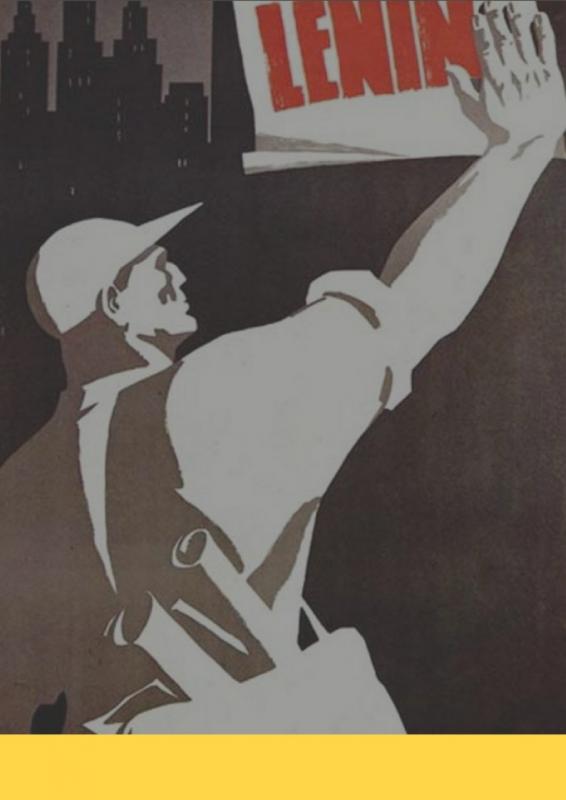
Emerging from the chaotic destruction of WWII, the Cold War in both physical and metaphorical ways seemed to divide the world in two. It amplified extant political and sociocultural binaries of “good” and “evil”, “us” and “them”, and “capitalism” and “communism” to an unprecedented degree. Almost all aspects of American and Russian life were organized around these poles for nearly fifty years – and were cast into sharp relief by the constant threat of total destruction. This structure made the world at once a very complicated place and a strikingly simplistic one. The rivalry between the U.S. and the USSR held the world’s attention in large part because it seemed to pose an existential question about the “right” way to live, not just politically and economically, but also in what came to be perceived as moral terms. Was the answer in democratic capitalism or socialism, individualism or the collective – or in any number of other binary oppositions generated by this paradigm? The dramatic denouement of the Cold War in the late 1980s and early 1990s has largely been perceived in the U.S. and Europe as a “victory”; however, the outcome is less clear-cut from the Russian perspective. This course will challenge students to consider how and why relations between the U.S. and the USSR came to be framed as a global ideological contest.
